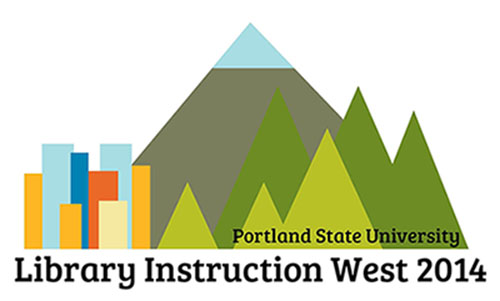Open Minds, Sustainable Democracy: Motivated Reasoning and Information Literacy Education
Location
Portland State University, Portland, Oregon
Start Date
7-24-2014 3:35 PM
End Date
7-24-2014 3:55 PM
Subjects
Information literacy -- Study and teaching, Library instruction
Description
Educating students about the possibility of bias in information sources has long been a staple of information literacy instruction. But what about the potential for bias in the way that we process information? The literature of political science refers to this problem as “motivated reasoning.” Empirical studies suggest that motivated reasoning manifests itself in a tendency to respond to information that challenges preexisting political beliefs by (a) rejecting the new information, even when it is supported by evidence or expert testimony, and (b) adopting a more polarized position against the viewpoint in question. Such a disposition poses significant challenges for a democracy whose success depends on the quality of decisions made by an informed electorate. This presentation draws on relevant studies to elucidate the defining features of motivated reasoning and invites participants to consider the role that instruction librarians can play in building our students’ capacity to process information more objectively.
Persistent Identifier
http://archives.pdx.edu/ds/psu/14548
Open Minds, Sustainable Democracy: Motivated Reasoning and Information Literacy Education
Portland State University, Portland, Oregon
Educating students about the possibility of bias in information sources has long been a staple of information literacy instruction. But what about the potential for bias in the way that we process information? The literature of political science refers to this problem as “motivated reasoning.” Empirical studies suggest that motivated reasoning manifests itself in a tendency to respond to information that challenges preexisting political beliefs by (a) rejecting the new information, even when it is supported by evidence or expert testimony, and (b) adopting a more polarized position against the viewpoint in question. Such a disposition poses significant challenges for a democracy whose success depends on the quality of decisions made by an informed electorate. This presentation draws on relevant studies to elucidate the defining features of motivated reasoning and invites participants to consider the role that instruction librarians can play in building our students’ capacity to process information more objectively.


